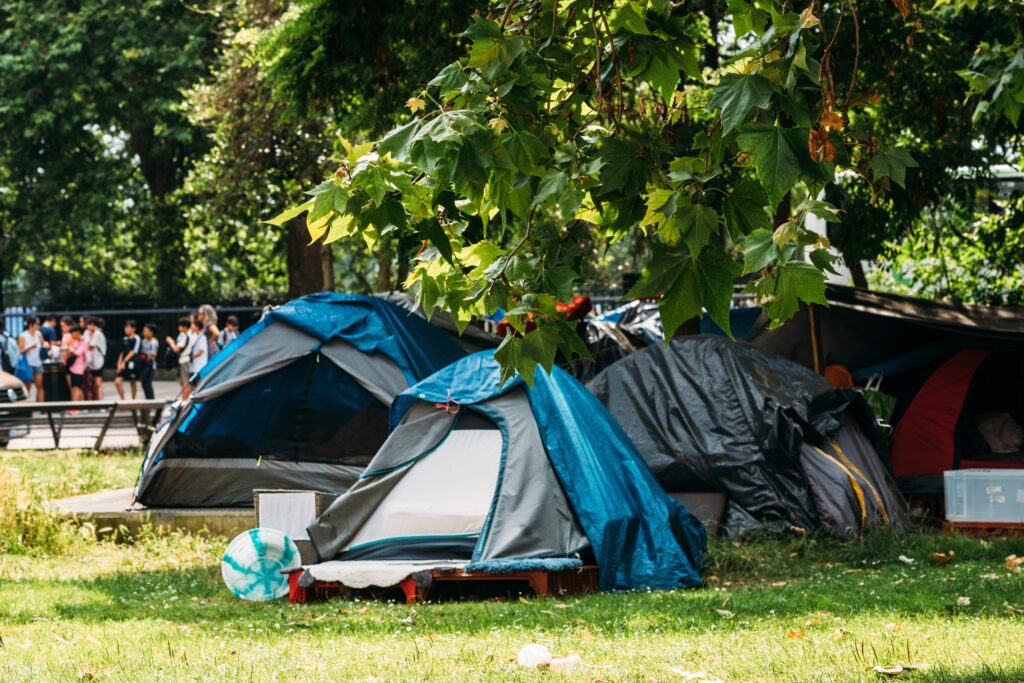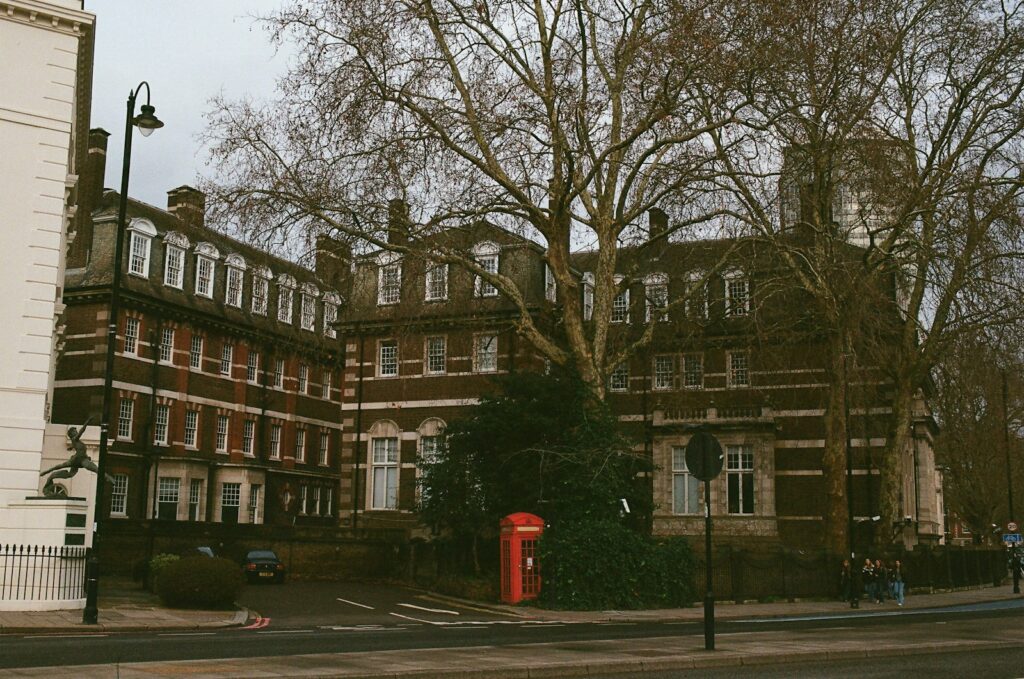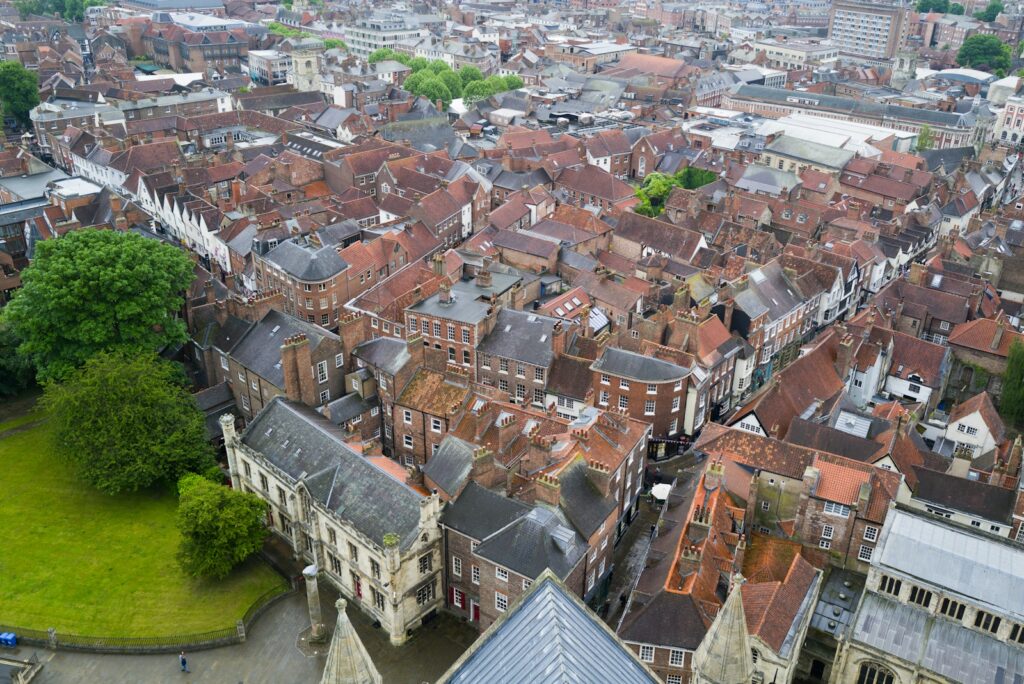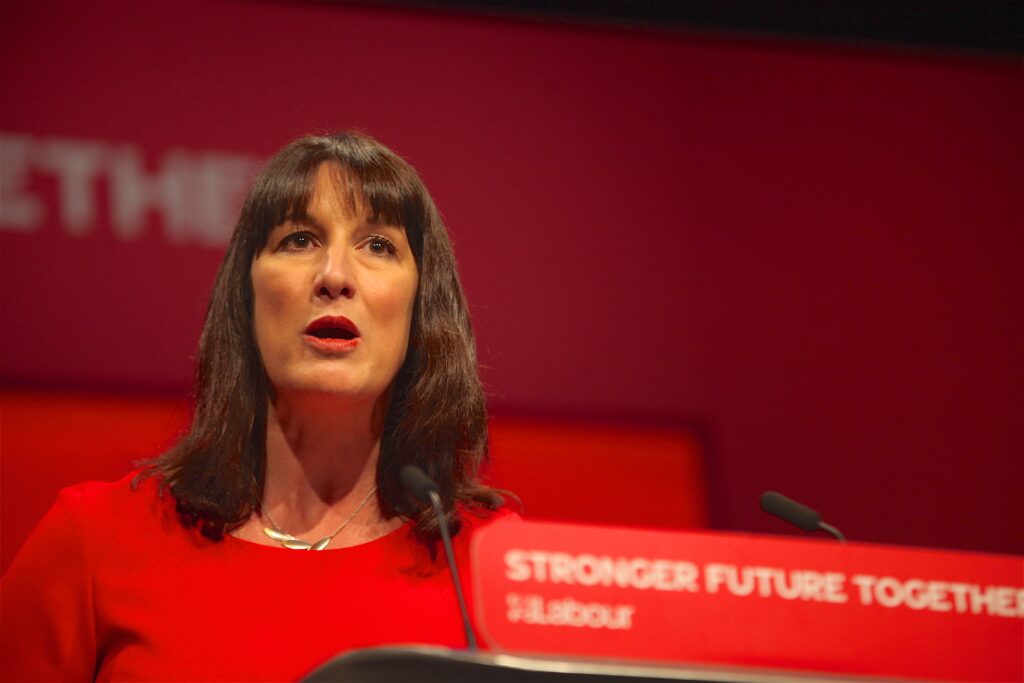New research found that the average price of a house increased by £3,785 last month, making it the fourth month of consecutive rises.
This morning, the Halifax House Price Index, the UK’s longest running monthly house price series, published their latest findings which display that typical property values increased by 1.3% in January from December. Experts also found that house prices increased by 2.5% annually – the highest annual growth since January 2023.
Kim Kinnaird, director at Halifax Mortgages said: ‘This is the fourth consecutive month that house prices have risen and, as a result, the pace of annual growth is now 2.5%, the highest rate since January last year.’
‘The recent reduction of mortgage rates from lenders as competition picks up, alongside fading inflationary pressures and a still-resilient labour market, has contributed to increased confidence among buyers and sellers,’ Kim said. ‘This has resulted in a positive start to 2024’s housing market.’
Kim added: ‘However, while housing activity has increased over recent months, interest rates remain elevated compared to the historic lows seen in recent years and demand continues to exceed supply.
‘For those looking to buy a first home, the average deposit raised is now £53,414 – around 19% of the purchase price. It’s not surprising that almost two-thirds of new buyers getting a foot on the ladder are now buying in joint names.’
Due to the annual change in the cost of house prices, here are the average costs of buying a house in different areas of the UK:
- East Midlands – £236,862
- Eastern England – £327,270
- London – £529,528
- North East – £169,505
- North West – £229,707
- Northern Ireland – £195,760
- Scotland – £206,087
- South East – £379,220
- South West – £295,399
- Wales – £219,609
- West Midlands – £251,185
- Yorkshire and the Humber – £207,602
Commenting on the news, Daniel Austin, CEO, and co-founder at ASK Partners, said: ‘Today’s data shows that the property sector is beginning to show signs of recovery. With a decline in inflation year on year and the peaking of interest rates, the overall outlook has considerably improved.
‘Rent values have seen sustained growth, positioning real estate as reasonably valued in comparison to gilts and presenting growth potential. In the realm of commercial real estate, factors like physical condition, location, and age significantly influence a property’s value.
‘Well-maintained properties boasting modern amenities tend to command higher prices, while neglected ones may struggle to attract tenants or investors. In the current market, the emphasis has shifted towards the importance of location and quality over the yield on debt or cost. We anticipate opportunistic acquisitions of prime properties in prime locations.’
‘A survey conducted by the Royal Institute of Chartered Surveyors (RICS) uncovered that non-traditional market segments, such as aged care facilities, student housing, data centres and life sciences real estate are yielding the most robust returns,’ Daniel said. ‘Although the lead-up to the general election may pose some uncertainty, a subsequent boost in productivity and a decrease in interest rates are expected. The hope is that any new government can address local planning issues to stimulate construction and guide the economy out of the downturn.’
Halifax believes UK house prices will continue falling into next year

















Leave a Reply